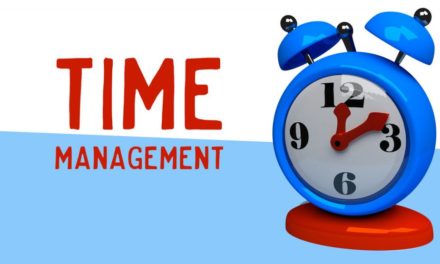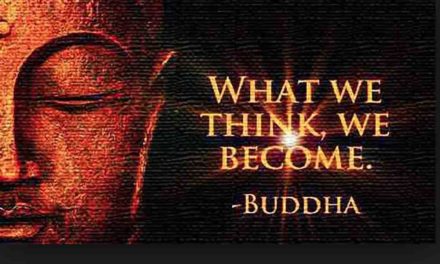You will need to write down more information and questions to make some decisions about the direction you’re heading. What am I trying to find out? What are my options? What are my skills and interests? What are my needs? What do I expect?
List what you are trying to find out.
What are some research methods you can use?
There are many different methods you can use to gather the information you need to land on target. Some ways work better than others. It helps to organize yourself so that you’ll know what kinds of information lists you need to make. You’ll need to decide which research method you’ll want to use and how you’re going to keep track of all the information gathered.
The files you make will answer questions such as what you’re trying to find out, what are your interests, needs, skills and values, who are the people you’re contacting and what kinds of questions you can ask.
Research Methods: Keeping Track:
– Information interviews
– Index cards
– Job interviews
– Personal Journals
– Collecting ideas
– Binders
– Job shadowing
– Scrapbooks
– Volunteering
– Media lead cards
– Part-time experience
– Contact sheets/cards
– Apprenticeship training
– Part-time small business ventures
– Preparing for a job interview
Ways To Keep Track of the Information Gathered
To use the information you’ve gathered, you’ll need to keep track of it. It’s easier than you might think. First, you need to find a system that works for you. Then you need to try it out to see if it fits your style.
Below are listed some ways to keep records.
Index Cards:
– Index cards are a useful way to organize information. Index cards are also one of the more favourite ways to keep track of information. They’re small, easy to file and easy to find. They also come in a variety of colours, making it easier to colour code types of information. Blue can be for information gather by phone; yellow can be for in-person information interviews, and so on.
Personal Journals:
– A powerful way to chart your course is to keep a journal. Journals work well for writing down ideas. Thoughts and feelings can flow through the pen onto the paper. It’s not a bad idea to try to devote an hour a day to free-ramble writing to your higher power or whoever. You’ll be surprised at the release of creativity and conflict resolution thoughts you’ll conceive over the following months.
The book “The Artist’s Way” is highly recommended reading, and pertains to this concept of personal release on paper, as well as a workbook “What Color is Your Parachute,” updated yearly. Both these books are worth exploring and well worth the effort you put into them.
Binders:
– Binders work in a similar way as to index cards. Loose-leaf paper is larger and required to write more information. Binders also make it easy to file and retrieve information.
Scrapbooks:
– Scrapbooks are great places to paste information from magazines and newspapers. Collect prospects that are interesting into a scrapbook, everything from jobs to future trends.
Media Leads:
– Sometimes you will hear about an exciting prospect on the radio or television or read something in a magazine at the doctor’s office. Keep track of these valuable leads. One of the ways to keep track of this information is to use index cards or a binder.
Collect information on what interests you.
Contact Card:
Once you’ve made your list of contacts, you’ll need to think about what to say to each of the people you contact.
Here is a sample of what a contact card might contain:
Name: __________ Phone: .
Date of call: _______
What you said:
What contact said::
Organize information as:
– Contact Person:
– Where to Contact the Person:
– Source of the Lead:
– Date:
– Topic:
– Follow-up Contact:
– Keeping Track of Ideas:
Getting an idea of what interests you is one of the best ways to find out where you can look for more information. You can use a scrapbook or a binder to keep track of media clippings from magazines and newspapers. Use one notebook for future trends and another folder for occupations and careers that interest you.
– Collect clippings that are interesting.
– Collect career and job clippings to find out what occupations are out there and what qualifications are required.
– Collect clippings on future trends to determine what direction the labour market is heading.
– Collect articles that give you ideas or other points of view on the course you are heading.
– Keep track of the date of the clipping, where it came from (source), and what interests you about the excerpts so that later you can look back and get the information quickly.
– Date of the clipping:
– Source of the clipping:
– What interests you about this clipping:
© Wordscapes® (David Turner). All Rights Reserved.[/vc_column_text][/vc_column][/vc_row]




